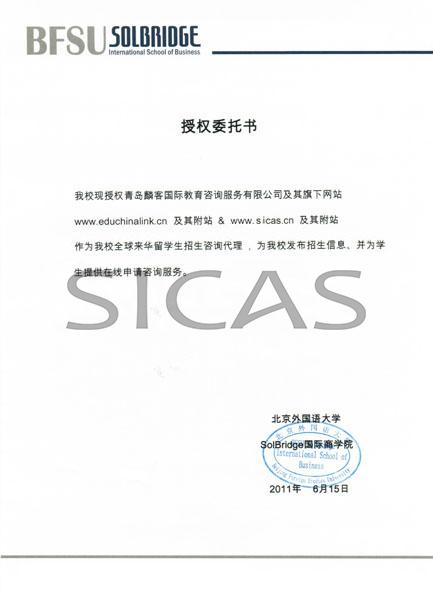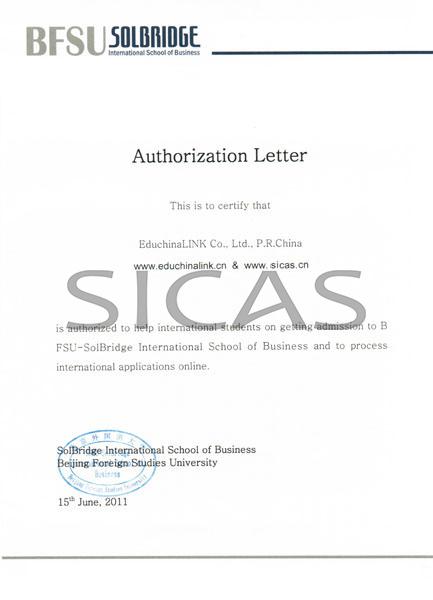Institute of Arts Inaugurated in BFSU
The Opening Ceremony for the BFSU Institute of Arts was held on the morning of June 11th, to mark the university’s new effort in promoting research in public diplomacy. Zheng Wantong, vice chairman of the National Committee of the Chinese People’s Political Consultative Conference (CPPCC), said at the ceremony that the institute’s establishment would be conducive to the incorporation of cultural and artistic cultivations into language teaching to turn out versatile and well-cultured diplomatic personnel.

Cultural diplomacy is an important part of public diplomacy. In international cultural exchanges, Chinese arts, such as classical drama, folk music, calligraphy and Chinese painting, have drawn world-wide attention with their unique features. Zhao Qizheng, head of the Foreign Affairs Committee of the CPPCC and Honorary Director for the Public Diplomacy Research Center, said given the important role exchange in arts plays in public diplomacy, the establishment of the Institute of Arts in BFSU, a university with a multilingual background, is in line with the nation’s cultural development strategies and will surely make a great contribution to preserving and advancing traditional Chinese culture, promoting Chinese culture overseas, as well as enhancing China’s national image.
Speaking at the ceremony, Chen Yulu, President of BFSU, addressed the university’s dual role in training personnel for international exchange and serving as a key exchange platform. He believed BFSU has an important part to play in China’s diplomacy and that the university is obliged and ready to serve as a bridge for cultural exchanges, introducing the rich aesthetic ideas and cultural values imbedded in traditional Chinese culture to the world.
A famous Peking Opera performer Ms. Sun Ping is appointed head of the institute. Sun has long been engaged in cultural exchanges and teaching in Europe and many other countries. Her research on the combination of Chinese traditional opera with European drama and western symphony has yielded fruitful results. According to her, the purpose of BFSU Institute of Arts is to introduce Chinese traditional art to the world through comparative study of Chinese arts and foreign arts. Graduates from the institute are expected to be proficient in foreign languages, well prepared for introducing Chinese culture to the world through arts, as well as equipped with an international perspective. Enrollment for the institute will start next year and about a dozen students are expected to be admitted into the institute by the time.












